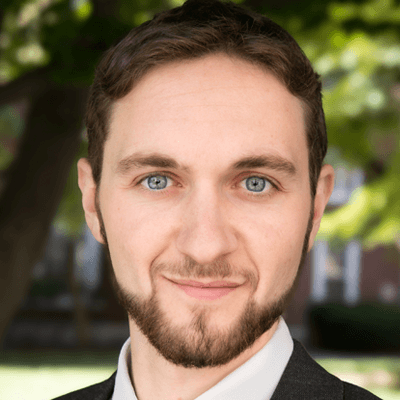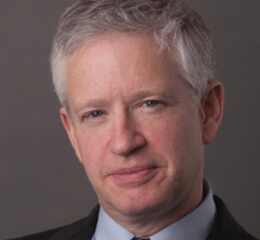What are the implications of inequality on the long-term stability of our economy and its growth potential?
A larger share of U.S. national income has been flowing to the individuals at the top of the income and wealth ladder. These individuals are less likely to spend and more likely to save their money than those with lower income. There is evidence that growing income inequality may be contributing to the so-called secular stagnation of macroeconomic growth.
Growing income inequality likely bears on macroeconomic performance through other channels as well. The lower real interest rates that have resulted from higher global saving will limit the ability of conventional monetary policy to stabilize the economy in the next economic downturn. Growing inequality has also contributed to a growing sense that the economy isn’t working for most families, fueling both distrust in institutions and greater political polarization.
We need to better understand the implications of inequality on the long-term stability of our economy and its growth potential. The large and sustained rise in inequality across income and wealth groups, as well as the disparate performance of different geographies and demographic groups, make understanding how these trends could exacerbate economic instability and reduce economic growth a pressing national concern.
- The effects of monetary policy
- The effects of fiscal policy
- The effects of the tax and transfer system
- Political economy





